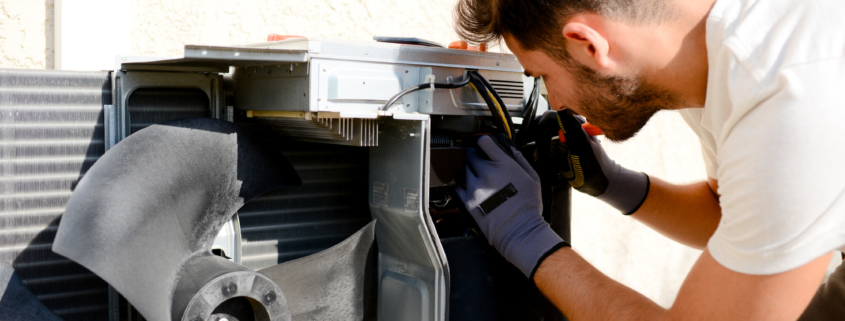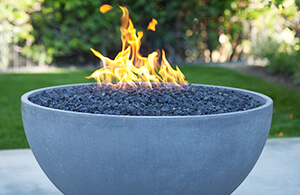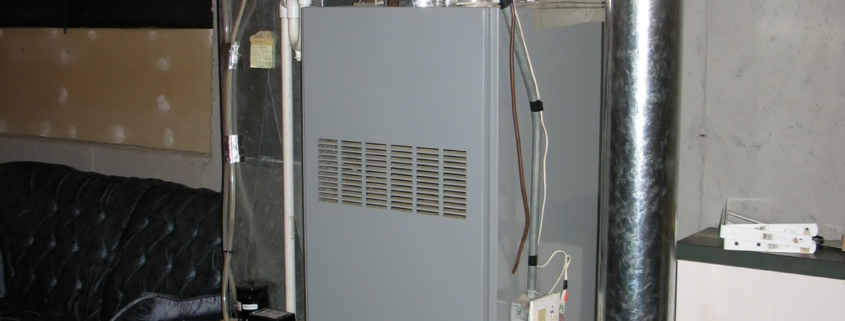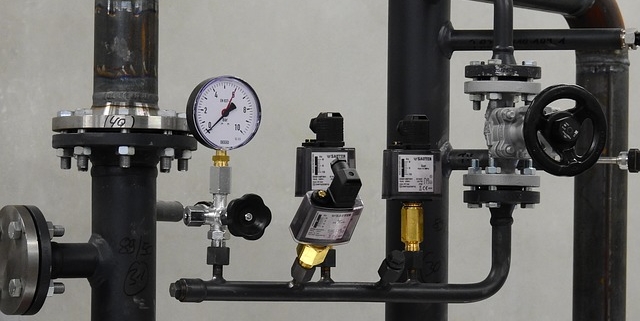What if your summer turned into a real living hell?
The only way to keep your cool during the summer is with a good air-conditioner. But if your AC breaks down, then every day will be miserable.
Fortunately, a little AC maintenance can help you keep everything running nice and smooth. Keep reading to discover our hottest maintenance tips for a cool, cool summer!
1. #YesFilter
We live in an age where people celebrate “no filter.” But that doesn’t apply to AC unit maintenance!
When your filter is full of dirt and other unwanted nastiness, it will have to work a lot harder to keep you cool. That translates to higher power bills all summer long!
Keep the price and the temperature down by regularly cleaning or changing your filter.
2. Keep It Trim
Another thing that can reduce airflow may surprise you: the great outdoors!
The chances are that your outside AC unit was nice and clear when you first installed it. However, plants and leaves and other obstructions will grow up and start obstructing the flow.
Bust out the shears and the garden hose to clear the area out and get a more efficient AC unit.
3. Get With the Program
If you don’t already have one, take it from us: a programmable thermostat will change your life!
You can program it to raise the temperature at certain times and lower it at other times. And certain smart models let you make adjustments by using your smartphone.
By taking better control of the temperature, you can help reduce your bills and also prolong the life of your air conditioner.
4. The Biggest Fan
Sometimes, the problem with your AC may be right in front of you all along. We’re talking, of course, about the AC fan!
Over time, your fan may become damaged and dirty. Cracks and chips in your condenser fan will disrupt the airflow and keep everything as cool as you need it to be.
Replacing a damaged fan is very easy to do. However, if you never notice when it needs to be replaced, then you and your AC unit will be suffering in the heat for no reason!
5. Clean It Up
Another area of your AC unit that doesn’t get enough attention and love are the “fins” within the unit. As with the filter, this area can get clogged with dirt and debris that damages the unit and keep it from performing effectively.
You can fix this by vacuuming the area, ideally with a soft-bristled brush. Keep in mind you’ll most likely need to unscrew the box and lift it off to perform this maintenance.
AC Maintenance: The Bottom Line
Now you know the secrets to AC maintenance. But do you know who can help you keep your cool during the summer?
We specialize in air conditioner repair and maintenance along with plumbing, heating, and more house maintenance services than you can shake a stick at. To see how we can make your AC better than ever, contact us today!










